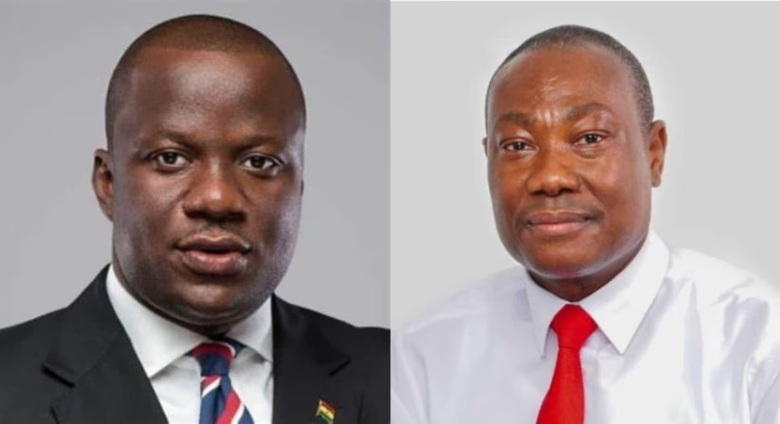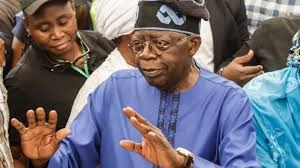Minerals Commission Scrubs Mining Info After The Fourth Estate Exposé

- Many applicants own multiple companies.
- Ghana licenses are mostly ‘first-come, first-served.’
- Zambia may limit mining permits per company.
- Anti-monopoly measures aim to reduce ownership risks.
The Minerals Commission has removed critical information about mining companies from its website following a report by The Fourth Estate. The report revealed that prominent members of the New Patriotic Party (NPP) and government appointees had been given concessions to mine and prospect within forest reserves.
The deleted details included the ‘contact persons’ for mining companies and the political affiliations of those applying for mining leases. Martin Ayisi, Chief Executive of the Minerals Commission, had previously described these contact persons as “consultants” in an interview with The Fourth Estate. These consultants are responsible for applying for mining licenses on behalf of the companies and act as intermediaries between the industry and the regulator.
In a recent exposé, The Fourth Estate uncovered that Francis Owusu-Akyaw, the NPP Parliamentary Candidate for Juaben, is the contact person for at least 15 mining companies. Among these companies is his own, FJ Minerals Limited, which has secured mining licenses for operations or prospecting in forest reserves across Ghana.
Owusu-Akyaw also owns DML Investment Limited, through which he offers consultancy services to mining firms. The company’s website highlights its connections with senior officials at the Minerals Commission as a key advantage, stating, “We have established important relationships with top management at the Ghana Minerals Commission, which have been crucial in obtaining and managing concessions in the country.”
When The Fourth Estate asked Mr. Ayisi about the importance of knowing the political affiliations of individuals applying for mining leases, he replied, “Sometimes it informs the kind of decision you should make.”
On the same day The Fourth Estate’s report was published, the Minerals Commission removed this critical information from its website. The Commission’s Chief Executive, Mr. Ayisi, did not respond to inquiries from The Fourth Estate regarding the reason for the deletion.
In an email to The Fourth Estate, the Extractive Industries Transparency Initiative (EITI), an international organization dedicated to transparent management of oil, gas, and mineral resources, underscored the importance of disclosing the identities of Politically Exposed Persons (PEPs) in the minerals application process.
Gilbert Makore, EITI’s Regional Director for Anglophone and Lusophone Africa, emphasized that knowing the identities of PEPs is crucial because they might use their political influence to engage in corrupt practices, such as soliciting bribes or securing public funds, particularly in relation to license allocations.
Regarding Francis Owusu-Akyaw’s consultancy for 15 companies, Mr. Makore stated he could not comment on the specific case due to a lack of information. He noted that any necessary follow-up would be the responsibility of the relevant authorities.
Without referencing any particular case, Mr. Makore cautioned that the involvement of PEPs in companies seeking mining licenses can increase the risk of conflicts of interest. To mitigate such risks, he advised that licensing procedures must be clear and strictly followed. He also mentioned that the Ghana EITI publishes an annual report to provide citizens and stakeholders with a summary of potential deviations in the licensing process.
With numerous applicants owning multiple companies and applying for various concessions—sometimes as many as 10—Mr. Makore highlighted that most mineral licenses in Ghana are allocated on a ‘first-come, first-served’ basis, with some awarded through a tendering process. He explained that when an individual with multiple companies applies for a mining right, priority is given to the first company to apply, as long as it meets all the requirements set out in the Minerals and Mines Act and its regulations.
Mr. Makore also pointed out that mining ownership laws vary widely across countries and jurisdictions. For instance, Zambia is considering anti-monopoly measures that would limit a company to holding no more than five mining permits. Such provisions aim to address risks related to ownership concentration, political capture, and conflicts of interest in the mining sector.






